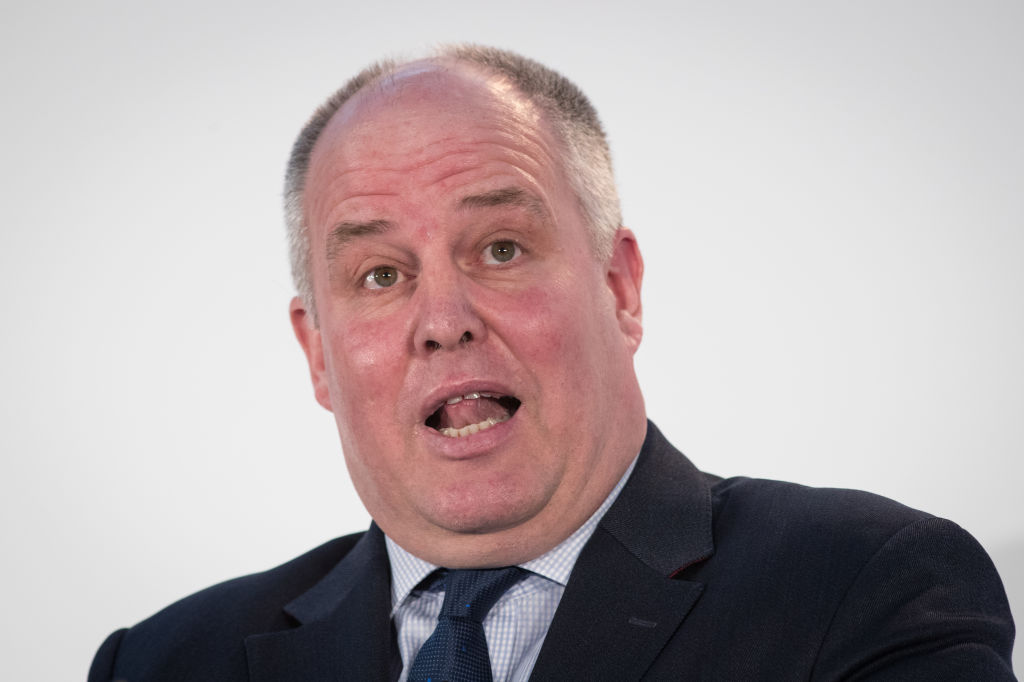Politicians in Wales sometimes complain, at least in private, about the lack of media and public attention they receive. But Andrew RT Davies’ resignation as leader of the Conservatives in the Welsh Assembly, means that Welsh politics is back in the spotlight. With the prospect of simultaneous leadership elections running over the summer for all four Assembly parties, this looks set to continue.
The announcement in April that First Minister Carwyn Jones would stand down as Welsh Labour leader by the end of the year was followed last week by Ukip in Wales declaring that they would ballot their membership over who should lead their fractious National Assembly group. There have also been rumblings for some time within Plaid Cymru over their lack of political progress; a challenge to Leanne Wood as party leader now appears almost inevitable.
There had also been rumours of discontent within Welsh Conservative ranks for some time. Yet Davies’ sudden announcement, after a meeting of the party’s Assembly group, still came as a big surprise. It remains to be seen who will come forward to replace Davies – and whether there will indeed be a contest.
Whoever becomes the new Tory leader, we are likely to see a rather quieter Welsh Assembly. In terms of personal style, Davies could scarcely have been more different from his emollient and consensual predecessor, Nick Bourne. Bourne had slowly brought his party to a more pro-devolution position. He also sought to project a more authentically Welsh image for the party in the years after he assumed the leadership in 1999.
This approach was sufficiently successful that, in the 2011 Assembly election, Bourne lost his regional list seat as the direct consequence of better than expected Conservative constituency gains. Davies’s style was always much more that of the political ‘bruiser’: he sought to charge his ‘19-stones of prime Welsh beef’ (his self-description) at Welsh Labour head on. As the years went by, Davies tended to use increasingly populist tactics and language. In part this may have been because he now faced a credible political threat from his right, as Ukip had a brief Welsh flowering from 2014 onwards and actually won seven Assembly seats in 2016.
Ukip’s threat may also have encouraged Davies to become one of the few members of the mainstream Welsh political elite to support Leave in 2016 – a stance on which he has remained steadfast. But in Cardiff Bay, as at Westminster, Brexit remains a deeply divisive issue. The Welsh economy, including the farming sector – which Davies himself worked in prior to becoming an Assembly member – is potentially heavily exposed to the economic consequences of a No Deal or hard Brexit. Davies’s combative response to the prospect of Airbus moving production out of north Wales may have helped seal his fate with his Assembly group colleagues.
The one thing that Davies shared with his predecessor was a difficulty in cutting through to the broader public in Wales. This is a challenge for all Welsh politicians, but views of the Conservative Assembly leader from regular surveys in Wales were consistently damning. His public recognition levels were much lower than those of First Minister Carwyn Jones and Plaid Cymru leader Leanne Wood. But even those who did know who he was tended not to evaluate Davies very positively. The most recent Welsh Political Barometer poll had him averaging below 4 on a 0-10 popularity scale, and leading only Ukip’s Neil Hamilton in the popularity stakes.
Davies leaves the leadership with the status of the role still unresolved. Officially the job is simply to lead the party in the National Assembly – not to be leader of the Welsh Conservatives as a whole. In Labour, a similar internal debate has been resolved firmly in favour of the Assembly leader; it was striking at last year’s general election that the main face and voice of the Welsh Labour campaign was Carwyn Jones, even though the First Minister was not standing in the election. Similarly, Ruth Davidson is the clear leader of the Scottish Conservatives. Davies was never accorded such status. Though in the wake of last year’s general election – and the notable success of both Welsh Labour and the Scottish Conservatives – he raised the issue of clearer Welsh leadership for the party, Davies was not the best person to make this case. When he was given the platform of representing his party in the first televised Welsh leader’s debate in the 2017 general election, Davies fluffed the opportunity – being openly derided by the audience from half-way, for his near-robotic repetition of the core Conservative message of ‘strong and stable leadership’.
Most strikingly, however, Andrew RT Davies stands down from leadership having made no progress on the broad strategic problem facing the Welsh Conservatives. December this year will mark a century since the last general election where someone other than Labour came first in Wales. Labour’s long-standing dominance in Wales is exemplified in the Assembly: they have led the Welsh Government throughout the devolved era, and there is no change in sight. The Conservatives are as far away from being in government in Wales as they were in 1999. They came closest to triumphing in 2007, when Bourne almost negotiated a ‘rainbow’ coalition deal with Plaid Cymru and the Liberal Democrats. But under Wood, Plaid Cymru have been in no mood to consider working with the Tories. Talented Conservatives in the Assembly have grown frustrated at the lack of prospect of holding ministerial office, and it is little wonder that some have fled the chamber for Westminster. If Labour dominance in the National Assembly is ever to be over-turned, the Welsh Conservatives will surely have to be part of that. But how? That is a question to which Andrew RT Davies never found a convincing response.






Comments